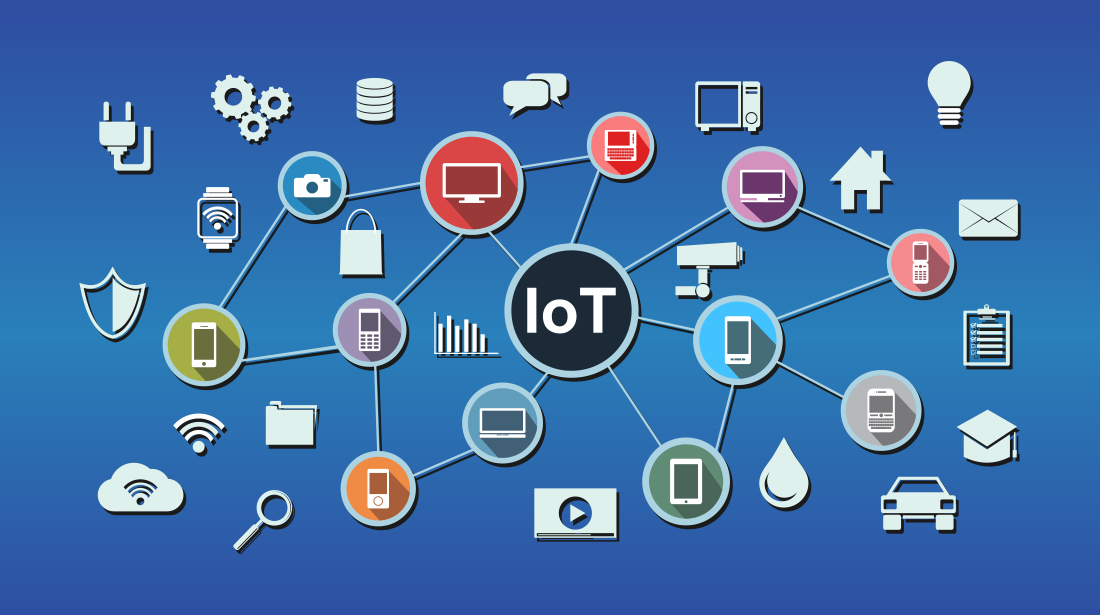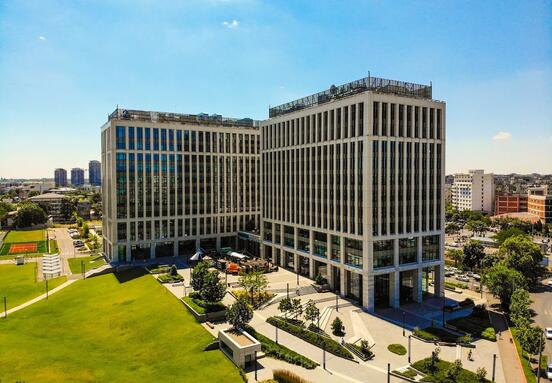1. We will have even more data to analyze
The Internet of Things will be a data generator. Lots of data. This means that all companies will have to rethink how they collect and analyze information. Managers will need to learn and adapt to a new form of data use. The amount and type of information produced by IoT will bring not only new roles for data analysts but also strategies and services for customers.
"Companies will have access to a huge stream of data that all these IoT-connected devices will generate. But this data needs to be analyzed to understand more about customers and trends. Companies will need to start using IoT data as part of the analysis and planning process to stay competitive and deliver new services and innovative products", said Lucian Anghel, Founder and CEO of Energypal.
2. We will have information about equipment, staff and buildings, all the time
IoT has the potential to make the workplace and business processes more productive and efficient. A significant way in which IoT will increase productivity and efficiency is the simplification and simplicity of building and equipment monitoring.
With the help of IoT, companies can track every aspect of their business, from inventory management and fulfilling orders as quickly as possible, to locating and operating staff in the field. Instruments, equipment, and vehicles will be connected and will report their operating condition and locations.
3. We will get anywhere faster and safer
IoT is also important in mobility, as it allows the interconnection of mobile devices, cars, and route optimization, which leads to a reduction in time spent in traffic. Today, the "connected machine" is just the beginning of the real efficiency of IoT. AT&T, along with automakers GM and BMW, are adding LTE (long-term evolution) connectivity to the car and creating new connected services that use real-time traffic information and provide real-time driver
safety diagnostics for the driver, as well as infotainment for other travelers. In the future, IoT will integrate everything from maps, locations, routes, streets, to traffic lights and much more information.
4. We will produce cheaper, more efficient, more environmentally friendly
In the field of electricity, IoT and the interconnection of devices will facilitate the adoption of "smart grids" technologies, which use meters, sensors, blockchain, and other digital tools to control the flow of energy. This system can integrate alternative energy sources, such as solar and wind energy.
The Internet of Things will drastically reduce costs in the manufacturing industry by reducing losses/waste, fuel consumption and eliminating economically inefficient assets. IoT can also improve the efficiency of the energy production and distribution process and further reduce emissions, making it easier to switch to renewable sources.
5. We will manage everything through mobile devices
Even a few years ago, IT departments could have remote access to computers and mobile devices, but IoT will also allow remote control of other devices connected to the Internet. Soon, mobile device management (MDM) technologies will expand to remote management of IoT devices, which will introduce changes for IT departments and IoT-connected employees.
One of the powerful transformations brought by IoT is that we will have devices that "know" us and will help us save time. Mobile devices will increasingly interact with a whole range of sensors that we do not see and do not have, but which provide them with valuable information that we can see/use through an application. The Internet of Things is already present in our lives and improves our comfort, efficiency, and safety, becoming a state of daily normalcy.
Author: Lucian Anghel, Founder and CEO, Timepal Romania and Facilities Management Services







